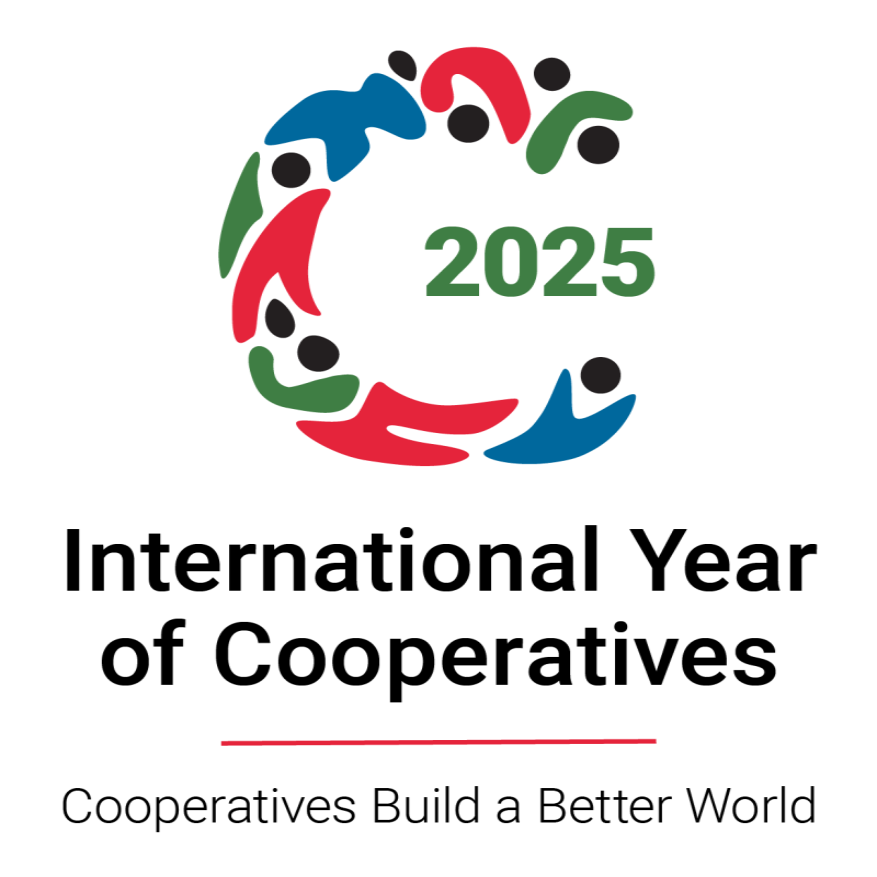 Government Of India
Government Of India
Associate Fellow in Industrial Health
The significance of the training program on industrial health for doctors lies in its capacity to enhance their expertise and knowledge, equipping them with the necessary skills to address and manage health challenges specific to industrial environments. Three Month Duration Training Programme in Industrial. Health will enable Indian registered medical Doctor of Modern Medicine to become a medical officer who is considered as competent occupational health physician in different industrial establishments. Upon successful completion of the training program, participants will be granted the title of Associate. Fellow in Industrial Health, accompanied by a certificate. It is three months, fulltime, regular, offline training programme consisting of lectures series, laboratory work, practical works, demonstration & tutorial, educational / industry visit, speciality clinical exposure and project work. The practical,tutorial, demonstration activities are integral components of the day-to-day course curriculum with the involvement of multiple disciplines including Industrial Medicine, Industrial Hygiene, Safety, Staff.Training and Productivity, Human Physiology, Industrial Psychology, etc. Industrial Medicine and Industrial Hygiene laboratories and practical, field visit to the industries and to their occupational
health centres to understand the existing occupational health system are also the basic and essential components of the course curriculum.
The objectives of the course are to enable the doctors
• To identify and manage the occupational health disorders / occupational diseases
encountered in various industries in the country and to manage the industrial injuries,
accidents, illnesses caused by chemical intoxication, in general and in hazardous process
industry in particular.
• To suggest preventive and control measures of such occupational health problems.
• To advise, supervise and participate in the national and international programmes on occupational health of industrial workers, improving productivity and prosperity. The course was introduced in the year 1992 at the Central Labour Institute, Mumbai.
The underlying concept of competency – i.e., the habitual and consistent use of knowledge, technical skills, clinical reasoning, communication, emotions, values and reflection in daily practice for the benefit of the individual (workers) and the community (industry) being served. Competency based course curriculum ensures that the training participants should consistently demonstrate the desired behaviour throughout their professional carrier rather than only during the final examination. The new competency-based course curriculum of the AFIH course has been designed to meet the requirements of the industries at national and international level with emphasis on sustainable development.
health centres to understand the existing occupational health system are also the basic and essential components of the course curriculum.
The objectives of the course are to enable the doctors
• To identify and manage the occupational health disorders / occupational diseases
encountered in various industries in the country and to manage the industrial injuries,
accidents, illnesses caused by chemical intoxication, in general and in hazardous process
industry in particular.
• To suggest preventive and control measures of such occupational health problems.
• To advise, supervise and participate in the national and international programmes on occupational health of industrial workers, improving productivity and prosperity. The course was introduced in the year 1992 at the Central Labour Institute, Mumbai.
The underlying concept of competency – i.e., the habitual and consistent use of knowledge, technical skills, clinical reasoning, communication, emotions, values and reflection in daily practice for the benefit of the individual (workers) and the community (industry) being served. Competency based course curriculum ensures that the training participants should consistently demonstrate the desired behaviour throughout their professional carrier rather than only during the final examination. The new competency-based course curriculum of the AFIH course has been designed to meet the requirements of the industries at national and international level with emphasis on sustainable development.
Click here to open course guidelines.







